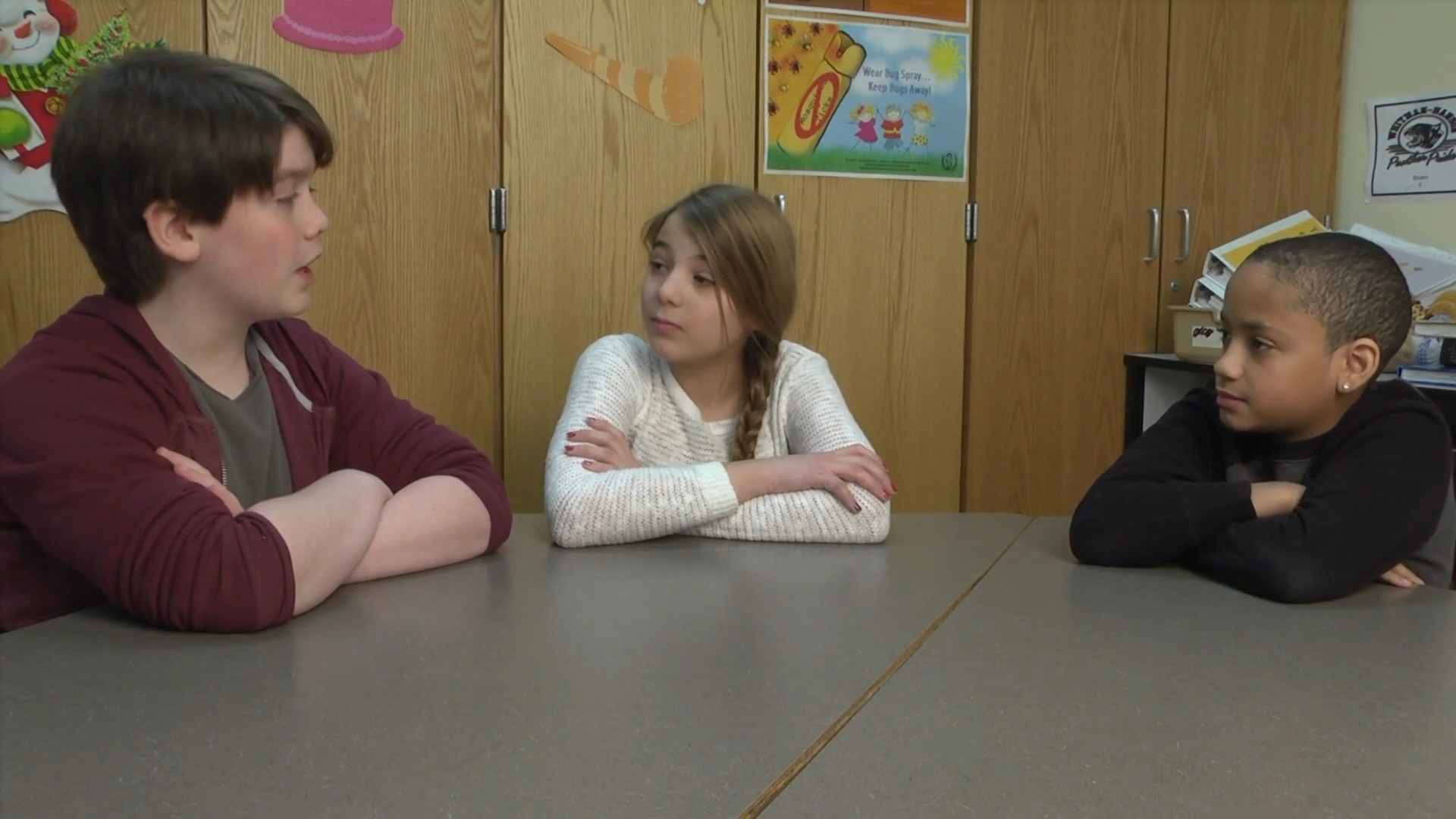
Introduction
Teaching conversation skills to kindergarten students is an essential part of their social-emotional learning journey. One of the most important aspects of a conversation is understanding that it has a beginning and an ending. This blog post will explore the concept of conversation beginnings and endings, providing a no-prep activity, discussion questions, and related skills that educators can use to help their students develop these conversation abilities.
No-Prep Activity: The Conversation Train
This activity requires no preparation or materials from the educator and helps students practice starting and ending conversations. To begin, have students form a line, as if they are part of a train. The educator will act as the conductor and guide the students through the following steps:
- The first student in the line initiates a conversation with the second student by getting their attention and greeting them (e.g., “Hi, Sarah!”).
- The second student responds to the greeting and engages in a brief conversation with the first student (e.g., “Hi, John! How are you?”).
- After a short exchange, the first student ends the conversation politely (e.g., “Well, I need to get back to my seat. Bye, Sarah!”).
- The second student then initiates a conversation with the third student, following the same pattern.
- The activity continues until all students have had a chance to practice both conversation beginnings and endings.
This exercise helps students understand the structure of a conversation and the importance of starting and ending it appropriately.
Discussion Questions
Use these questions to stimulate further discussions about conversation skills:
- Why is it important to start and end conversations properly?
- What are some different ways to get someone’s attention before starting a conversation?
- Can you think of some examples of polite ways to end a conversation when you need to leave?
- How do you feel when someone ends a conversation abruptly or without saying goodbye?
- What can you do if you’re unsure of how to end a conversation?
Related Skills
In addition to conversation beginnings and endings, there are other relevant skills that can help students improve their social-emotional learning and communication abilities. These include:
- Active listening: Encourage students to focus on what the other person is saying, make eye contact, and respond appropriately.
- Asking open-ended questions: Teach students to ask questions that require more than a yes or no answer to promote deeper conversations.
- Showing empathy: Help students understand and share the feelings of others during conversations.
- Reading body language: Teach students to recognize and interpret nonverbal cues, such as facial expressions, gestures, and posture.
Next Steps
If you’re interested in exploring more activities and resources to help your kindergarten students develop conversation skills and other social-emotional learning abilities, we encourage you to sign up for free samples of our materials at Everyday Speech. You’ll find a variety of resources designed to support educators in teaching these essential skills to young learners.

